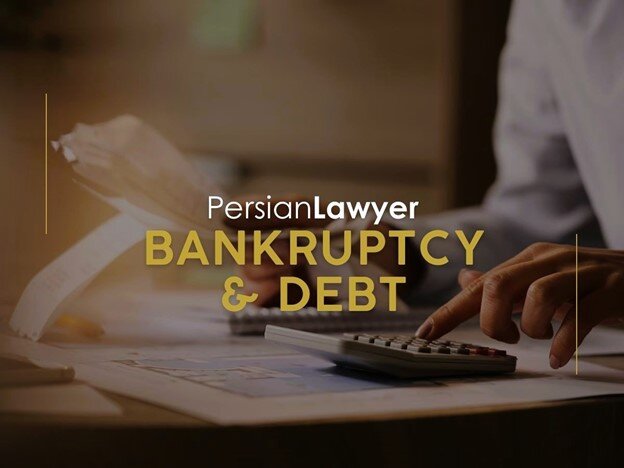Iranian Bankruptcy Lawyers & Car Repossessions

PersianLawyer.info - In the intricate landscape of personal finance, car repossessions can be a harrowing experience for individuals facing economic challenges. Understanding the multifaceted legal options available is crucial, especially with the expertise of a bankruptcy lawyer.
This guide delves into the reasons for car repossessions, the role of bankruptcy in preventing or mitigating repossession, and how an Iranian Bankruptcy Lawyer can be an invaluable ally in this process.
Reasons for Car Repossessions:
- Missed Payments: One of the most common reasons for car repossessions is the failure to make timely payments. When borrowers fall behind on their payment schedules, lenders may decide to repossess the vehicle to recover the outstanding debt.
- Defaulting on Loan Agreements: Defaulting on the terms of the loan agreement can trigger repossession. This could involve breaching conditions related to insurance coverage, vehicle maintenance, or any other stipulations outlined in the loan contract.
- Bankruptcy Filing: Individuals experiencing overwhelming debt may consider filing for bankruptcy as a last resort. While bankruptcy can provide immediate relief through an automatic stay, which temporarily halts repossession actions, understanding the intricacies of bankruptcy law is crucial.
Legal Solutions with an Iranian Bankruptcy Lawyer:
Chapter 7 Bankruptcy:
Filing for Chapter 7 bankruptcy is often seen as a powerful tool to discharge unsecured debts. It triggers an automatic stay, preventing creditors, including auto lenders, from pursuing repossession during the bankruptcy proceedings. An Iranian Bankruptcy Lawyer's role in this scenario is pivotal. They guide individuals through the filing process, ensuring that all necessary documentation is in order and that the client's assets, including the car, are protected.
Chapter 13 Bankruptcy:
Chapter 13 bankruptcy is an alternative for those who want to keep their assets, such as a car, but need time to catch up on missed payments. This form of bankruptcy allows individuals to restructure their debts and create a manageable repayment plan, often extending over three to five years. An Iranian Bankruptcy Lawyer becomes crucial in negotiating with creditors and crafting a repayment plan that considers the debtor's financial circumstances.
Negotiating with Lenders:
A Persian Bankruptcy Lawyer can serve as a mediator between the debtor and the lender. They can negotiate with lenders to explore various options such as loan modifications, refinancing, or redemption. Redemption is a process in which the debtor pays the current market value of the vehicle rather than the outstanding loan balance to retain ownership. A bankruptcy lawyer's expertise is vital in securing favorable terms and ensuring that the negotiated agreements comply with bankruptcy laws.
Defending Against Unlawful Repossession:
In some instances, lenders may resort to unlawful repossession practices, such as breaching the peace or trespassing on private property. An Iranian Bankruptcy Lawyer can evaluate the circumstances surrounding the repossession, ensuring that the lender adhered to all legal requirements. If not, legal action may be taken to recover damages or even force the return of the repossessed vehicle.
Iranian Bankruptcy Lawyer:
Facing the threat of car repossession is undoubtedly a challenging experience. However, individuals grappling with this predicament have legal avenues to explore, and a bankruptcy lawyer can be an invaluable guide through the process. Whether through Chapter 7 or Chapter 13 bankruptcy, negotiating with lenders, or defending against unlawful repossession, the expertise of a Persian Bankruptcy Lawyer is instrumental in safeguarding the interests of those facing financial turmoil. By understanding and leveraging these legal solutions, individuals can navigate the complexities of repossession with the goal of securing a more stable financial future while retaining ownership of their vehicles.
Disclaimer: This article is for informational purposes only and does not offer any legal advice.

Leave a Comment